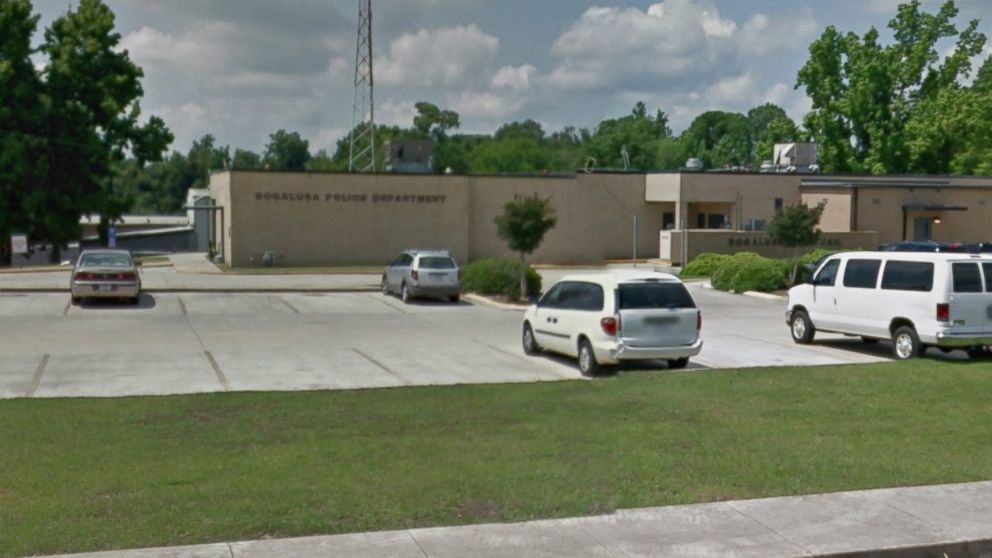Man Who Stole $5 Worth of Food Ended Up in So-Called 'Debtors' Prison,' Lawsuit Claims
The lawsuit says a Louisiana judge runs a “modern day debtors' prison."

— -- A man who stole $5 worth of food to feed his family was thrown in jail when he could not pay court costs, according to a lawsuit filed by the Southern Poverty Law Center on Tuesday.
The lawsuit claims that a judge in Bogalusa, Louisiana -- about an hour and half north of New Orleans -- runs a "modern-day debtors’ prison, jailing the poor for their failure to pay."
Rozzie Scott was arrested in February for stealing $5 worth of ground beef and pizza to feed his family, Southern Poverty Law Center spokeswoman Cindy Kent told ABC News today. Judge Robert J. Black found him guilty in May and ordered him to pay a fine of $450, plus costs, by June 13, according to the lawsuit.
The lawsuit states that on June 13, Scott returned to court and told Black he did not have the money to pay the court. Black then asked Scott if he could pay a $50 extension fee, which would buy Scott a few more weeks to pay. When Scott said he could not, he was put in jail for four hours until his cousin paid the extension fee, according to the lawsuit.
Scott said in a declaration for the Southern Poverty Law Center that he lives in public housing with his grandmother and is currently unemployed and job searching. He struggles each month to pay for the most basic living expenses for him and his family.
Kent said that Scott felt remorseful after stealing the food to feed his family, and went back to the store owner to apologize after the incident.
Scott is set to appear back in court on July 25, but has not found a job yet.
"I am scared I will be arrested and thrown in jail because I cannot pay the fine plus costs and do not believe Judge Black will treat me fairly because he only seems interested in getting money for the City Court," Scott said in the declaration.
Scott’s case is one of four in the lawsuit brought by the Southern Poverty Law Center, which claims that Bogalusa City Court uses court costs and fees to cover budget shortfalls.
“The City Court routinely covers at least 15 [percent] of its expenditures through income it generates from criminal defendants,” the lawsuit states. “This structural conflict of interest creates an incentive for Defendant Black to find individuals guilty and to coerce payment through the threat of jail. Without this money, the City Court could not function.”
The lawsuit also alleges Black created an "illegal $50 extension fee to buy additional time to pay their monetary penalty" that is not authorized by state law. Defendants who can't pay their fines and fees are faced with the "false choice" of either going to jail or paying the extension fee, the lawsuit contends.
Nearly 36 percent of the population lives below the poverty line in Bogalusa, according to Sam Brooke, deputy legal director at the Southern Poverty Law Center.
Brooke told ABC News that the system in place in Bogalusa is not equipped to deal with impoverished community members.
"The funding structure for the court is incredibly dependent on the court costs, and that creates a critical structural bias," Brooke said, adding that "the court has to fund itself but the only way it can do that is by finding people guilty."
This gives rise to an increased pressure on the judge to make sure people pay, Brooke explained.
ABC News was unable to reach Black for comment. The City Court declined ABC News' request for comment.
The Associated Press contributed to this report.




